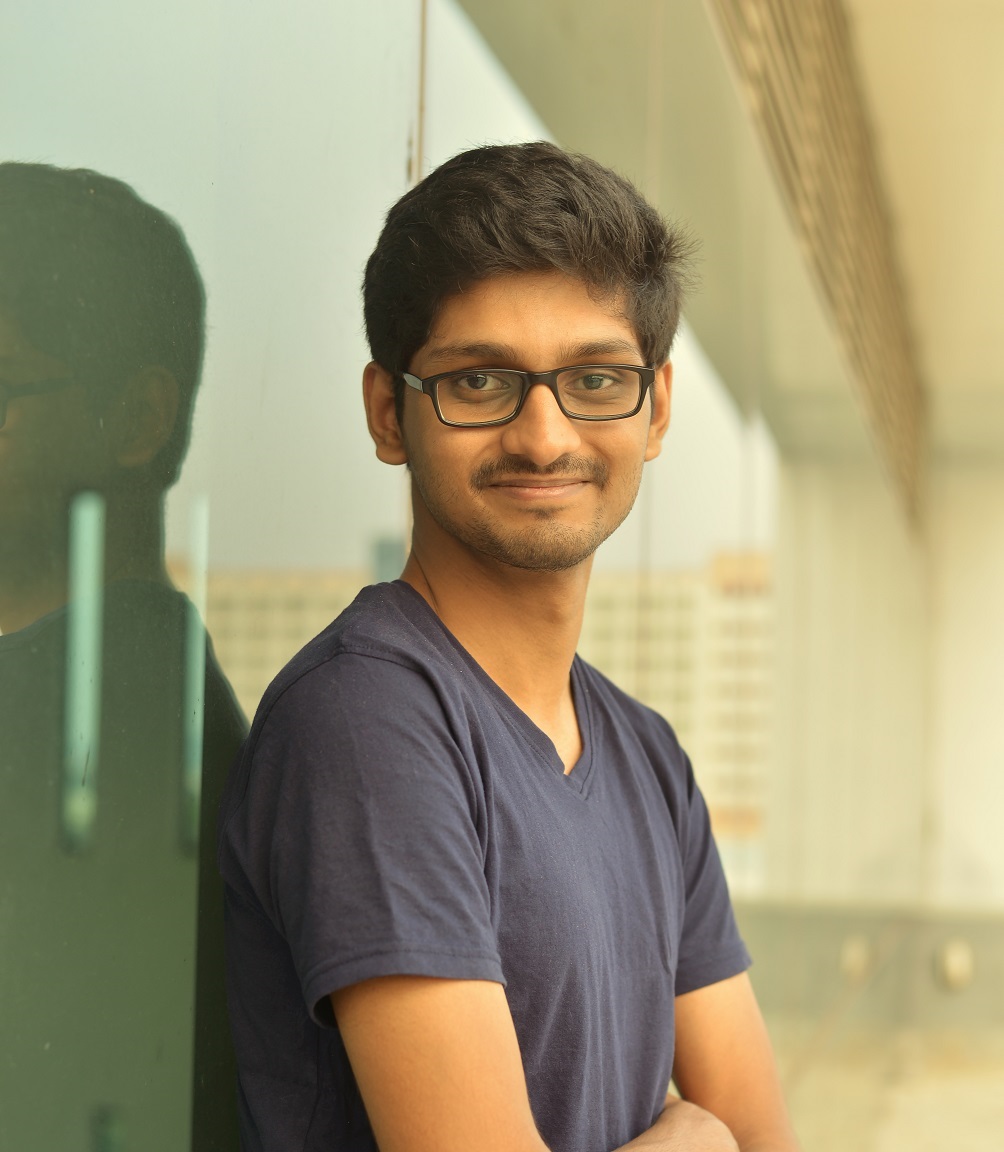I committed myself to a 21 hour challenge (28 May 1pm to 29 May 10am) to understand a seminar at McGill on the following day. The intension was to prepare well and be able to think about the topic as clearly as the speaker does (which is quite amibitious). While I wasn’t able to get that good, it was a valuable learning experience. Sharing some of the details of that here.
Motivation
To boost my productivity, I set up a mini goal: be sustainably super productive for 21 hours. Goal: ask good questions at the lecture tomorrow
More details:
- Sustainably being the key word, I wouldn’t compromise of any aspects that won’t be good in the long term. I will try to take actions such that I will be happy to do them over and over again everday of my life without buring out.
- Details of the speaker: M. Alex O. Vasilescu (www.cs.ucla.edu/~maov)
Plan:
- Basic background study on the researcher.
- Read overviews of work to get rough understanding.
- Study in a more detailed manner (papers, etc.)
- Write down interesting questions to ask verbatim.
- Is your work modeling causality or correlation? In causal models, you can have interventions and predict impact of these interventions. In this case, change in scene would change the image
- Viewpoints, illumination etc. are very human understanding of the images. I’m suprised it didn’t come up with more complex ones.
- Why is it stupid to hope to understand all in a day?
- Improve on other related topics
- study solomnoff induction and create a map of where that fits in
- see proofs for SVD, LDA and other matrix factorization methods
Updates:
Here are the updates as I record what I’m doing over the duration of the challenge.
- May 28, 1pm: background research and planning
- Checking Alex’s CV, understanding her motivations. Reading quora answers of her work.
- I’m able to summarize alex’s work now: (i) causal factors that lead to image formation can be modelled in an interaction model, (ii) this model can be learnt using TensorFaces (multilinear PCA/ICA) using set of training images, (iii) but how can we label single unlabelled test image, that’s more recent work which includes complex math in tensors.
- Emailing Alex for slides.
- Checking Alex’s CV, understanding her motivations. Reading quora answers of her work.
- May 28, 2pm: getting to speed
- Wasted time running through links too fast and not getting adequate grasp. next time, I’ll go through slower.
-
May 38, 4-7pm: gym, dozing off
- May 28, 7pm: deep session
- Linear algebra basics, revising concepts and intuitions studied earlier (till 8.30pm)
- Reading Alex’s work (till 9.30pm)
- Having a conversation with Alex on Twitter (till 11.00pm)
- May 29, 7am:
- Morning routine
- Reading paper, able to understand it much better now!
- 9.30am, understood quite well. All I need to do is jot down the questions before the seminar today and I’m good. :D
- 10.30am, took and nap and got read.
- jotted the questions down and I’m all set to attend the lecture
- May 29, 11.30am: lecture time!
- The talk went great, and I asked interesting questions. Got a good insight into the motivations of the work. Glad I took it up. Hoping to do something like this again soon. :)
other related ideas:
- when you have a goal coming right up, you don’t care to check the cricket scores or your messages anymore– which is quite good. Need to keep it like that by setting clear short term goals. the first motivation could also be able to blogging the docuemtnation of my progress.

